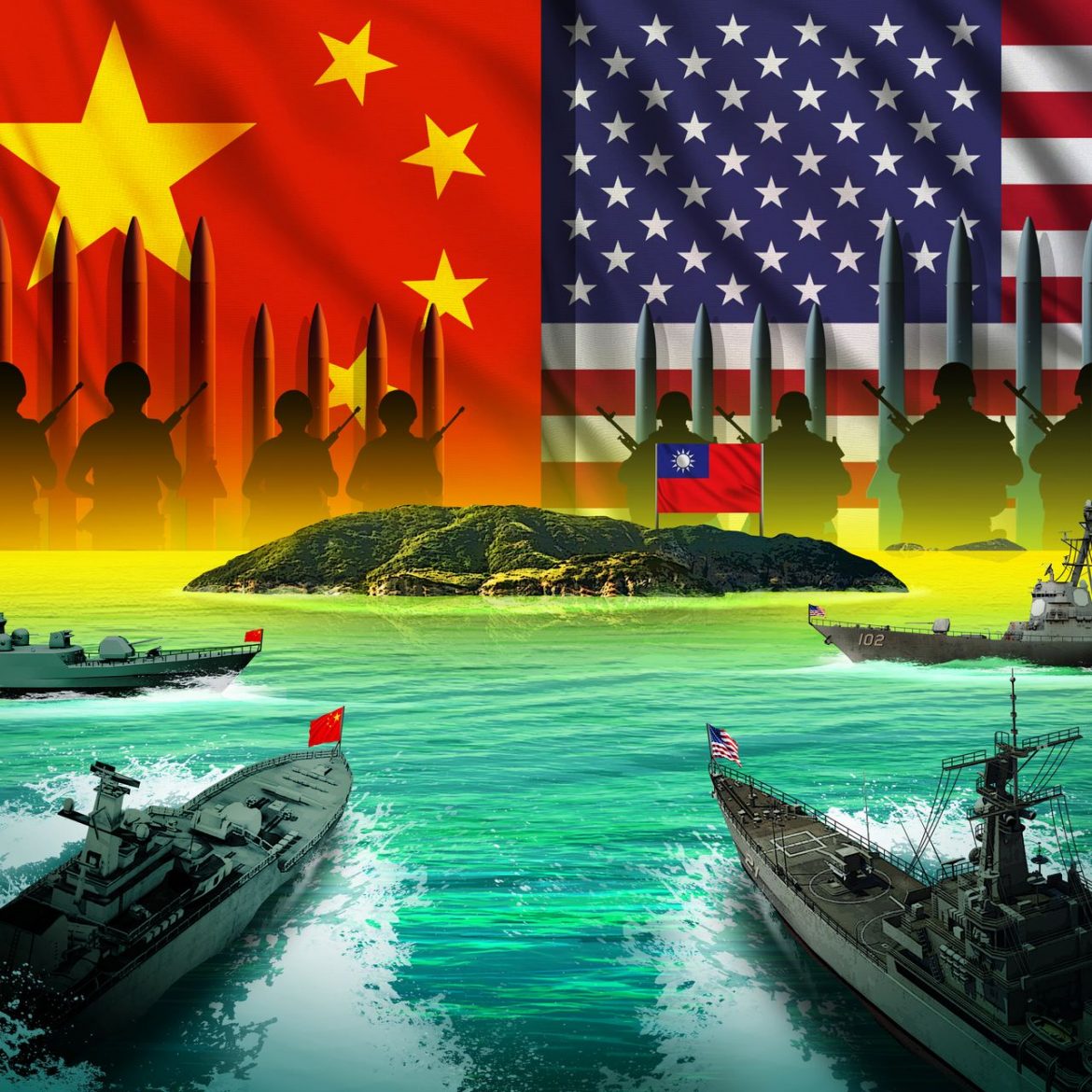The official unveiling of Donald Trump and JD Vance’s Republican presidential ticket this week has drawn the attention of governments everywhere, even in the world’s second-largest economy, who are searching for signs of a return to a “America First” foreign policy.
When Vance, a junior senator from Ohio, accepted the nomination to be Trump’s vice presidential nominee on Wednesday, he incorporated multiple references to China—and what he portrayed as its detrimental effects on the American economy—into his introduction of his own life and beliefs to the Republican National Convention (RNC).Much like his running mate, Vance claimed that policies in past decades supported by President Joe Biden and “out-of-touch politicians” in Washington meant the US “was flooded with cheap Chinese goods, with cheap foreign labor, and in the decades to come, deadly Chinese fentanyl.”
“We’re going to build factories again … together, we will protect the wages of American workers and stop the Chinese Communist Party from building their middle class on the backs of American citizens,” Vance said. The comments, which were among the few direct references to foreign nations throughout the nearly 40-minute speech, come in a week where Vance and Trump have shown signals of how their administration would shape US policy and relations with China – and US partners in Asia.
That’s drawn attention from the region, where countries’ ties with the US start to look different if power changes hands in the November elections. Beijing has already obliquely called for the rhetoric to tone down, with a Foreign Ministry spokesperson on both Tuesday and Wednesday repeating that Beijing is “opposed to making China an issue in US elections,” when asked about statements from each Trump and Vance in recent days.Vance has already rattled allies in Europe by strongly criticizing US support for Ukraine as it tries to defend itself against Russia. Like Trump, he has also repeatedly criticized NATO and its European members for not spending enough on defense.
That view drew praise from Russia’s top diplomat on Wednesday. “He (Vance) stands for peace, for cessation of aid. We can only welcome this because, in fact, it is necessary to stop pumping Ukraine with weapons, and the war will end,” Russian Foreign Minister Sergey Lavrov said. Part of Vance’s skepticism toward support for Ukraine lies in his view that a much more pressing danger to the US is being ignored. Vance doesn’t have the long-standing China-hawk credentials of other potential running mates Trump reportedly considered, such as Florida Senator Marco Rubio, and vice presidents can have a varied level of involvement in foreign affairs.
But Trump’s selection of the 39-year-old senator is seen by some observers to reinforce a hard line on China – a position Beijing is likely watching closely. The former president reshaped American policy toward Beijing during his four years in office – even as he has professed to “respect” and “like” autocratic Chinese leader Xi Jinping – launching a tech and trade war and casting China as a rival whose success comes at the US’s expense. US President Joe Biden has largely kept – and more recently expanded – tariffs Trump placed on a wide swath of Chinese goods. He’s made countering what Washington says is a security threat from China a cornerstone of his foreign policy, even as he’s worked to stabilize communications with Beijing.
All that considered, “the Chinese administration is (likely) scenario and contingency planning with alarm for the prospective return of an administration that is even less keen on cooperation and engagement than the current Democrat administration,” Brian Wong, a fellow at the University of Hong Kong’s Centre on Contemporary China and the World. “We are willing to do more in our shared responsibilities towards the Taiwan Strait and the Indo-Pacific region. This is for our own defense and to ensure our own security,” Cho said.
But observers are skeptical of whether such a tone from Trump would be reflected in his administration, especially one likely to be stacked with more hawkish figures. Trump is unlikely to be “in a position to change the fundamentals of US policy on Taiwan, or ignore Taiwan’s security,” said Yun Sun, director of the China program at Washington-based think tank the Stimson Center. Beijing, however, may see a boon in Trump’s use of similarly skeptical rhetoric toward other governments in the region such as Japan and South Korea. While Biden has tightened ties with these American allies amid security concerns about China, Trump has taken a much more transactional view of Washington’s historical defense alliances and reportedly demanded as president that the two countries pay more for US troops stationed on their territory.
Source: Here
Image source: Here

